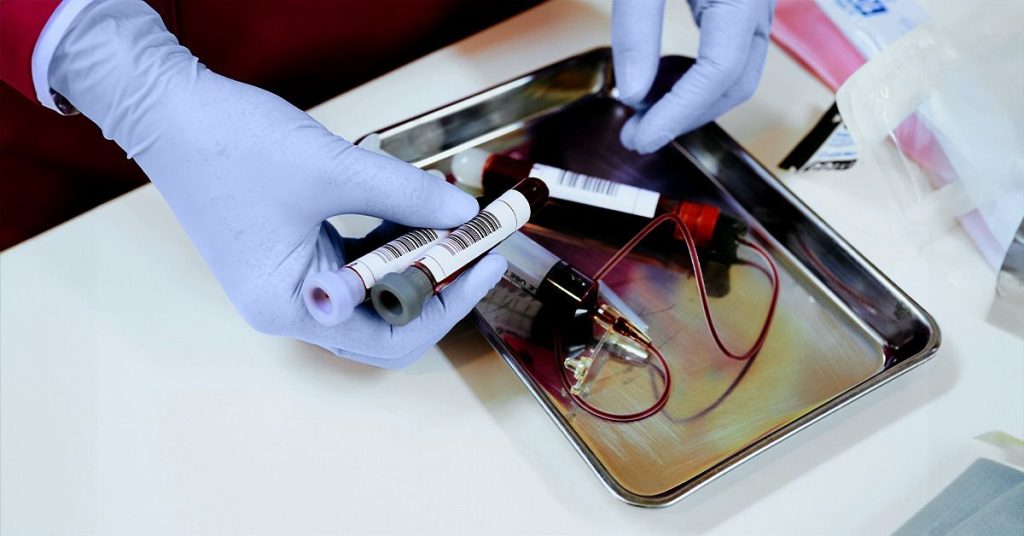Two recent studies conducted by the University of Oxford have explored potential associations between thousands of blood plasma proteins and various types of cancers. The first study identified 371 plasma protein markers that were linked to cancer risk, with 107 of these proteins being associated with cancers that were not diagnosed until 7 years later. This suggests the possibility of an early warning system for cancer detection and treatment. The second study found associations between 40 plasma proteins and commonly occurring cancers, with the hope that this research may lead to early detection and prevention of cancer.
The studies utilized data from the U.K. Biobank, analyzing statistical links between plasma proteins and various cancer types in over 800,000 adults. Proteomics, which involves the study of proteins in blood plasma, was used to investigate the relationship between proteins and cancer. Proteins play essential roles in the body’s key processes and disrupting their levels or function may have adverse effects. Understanding the levels at which certain proteins indicate cancer risk will be crucial in improving early detection and treatment of cancer.
The first study found potential links between plasma proteins and an increased risk of various cancers, including liver, digestive and gastrointestinal, non-Hodgkin lymphoma, colorectal, lung, kidney, brain, stomach, esophagus, endometrium, and blood cancers. The second study observed associations with triple-negative breast cancer, bladder cancer, lung cancer, and pancreatic cancer, among others. Understanding these protein-cancer relationships may provide avenues for detecting cancer at an earlier stage when treatment is more likely to be successful.
Researchers are working to determine healthy levels of proteins that may indicate cancer risk, a process that may take time and require further study. Disruption of protein processes can lead to diseases, including cancer, and identifying which proteins are linked to higher or lower risk is essential in developing effective early detection methods. While many proteins are shared among individuals, understanding the specific levels that indicate cancer risk will be crucial in developing preventative strategies and targeted treatments.
The studies focused on adults aged 39 to 73, with concerns raised about whether the findings may be representative of adults of all ages. Understanding the age-related changes in protein levels and their relationship to cancer risk will be important in improving the accuracy of early detection methods. Further research is needed to validate these findings and develop targeted approaches to cancer prevention and treatment based on plasma protein markers.
In conclusion, these studies represent a significant step in understanding the relationship between plasma proteins and cancer risk. By identifying specific proteins associated with various types of cancers, researchers hope to develop early detection methods that can lead to improved outcomes for individuals at risk of developing cancer. Further research is needed to validate these findings and develop targeted approaches to cancer prevention and treatment based on plasma protein markers.


